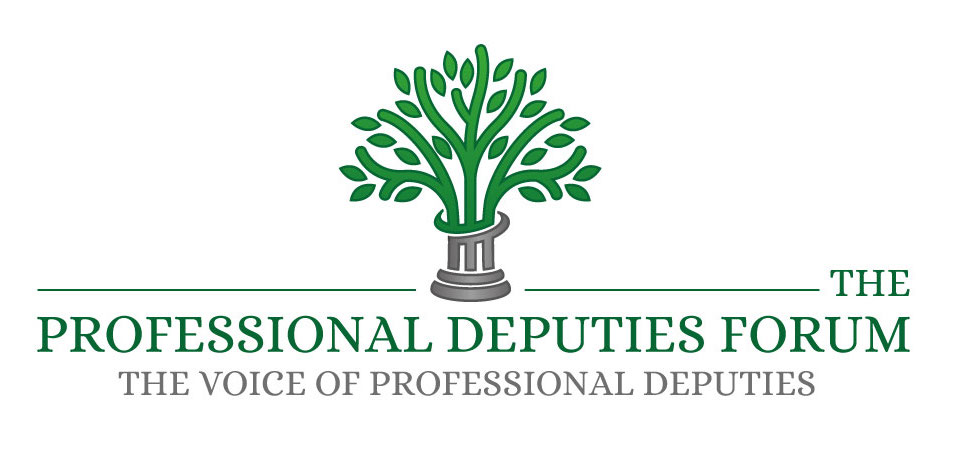In response to the recent Ofgem review of how energy suppliers are helping their customers, the Vulnerability Registration Service has released this statement:
“Ofgem has delivered a harsh verdict. Energy suppliers are failing their vulnerable customers. But this failure isn’t new.
“Discussions have been going on for years in this sector, and still it continues to fail vulnerable customers. Now the issue has become even more critical, and still four out of five vulnerable customers haven’t even been ‘asked’ about their vulnerability by their energy supplier.
“The resources to help identify those vulnerable individuals in difficulty already exist, so why are we still waiting for action to be taken? How critical does the situation need to get? How big does the cost-of-living crisis need to become?
“People are in real trouble. The energy suppliers and the regulator can’t keep placing the onus on those who are struggling to come forward and disclose their vulnerability. Energy suppliers must be more proactive and they must take action now, so that people who have reached the end of what they can cope with can be protected from further harm.
“The Vulnerability Registration Service can help energy suppliers identify and support individuals who are in financial difficulty and also in vulnerable circumstances – many of whom are not necessarily on the Priority Services Register and are struggling to flag up their situation to energy providers.”
Helen Lord, CEO of the Vulnerability Registration Service (VRS) is available to provide comment or be interviewed about why and how energy suppliers need to act now, and the impact of failing to support customers. The VRS can also share details of its own research that finds that vulnerable people are being moved onto prepayment meters, and being forced to turn to loan sharks.
The Vulnerability Registration Service is a non-profit organisation providing a central register of vulnerable people that energy suppliers can use to identify who their vulnerable customers are right now, so that they can be treated more appropriately and better supported.













Post a comment